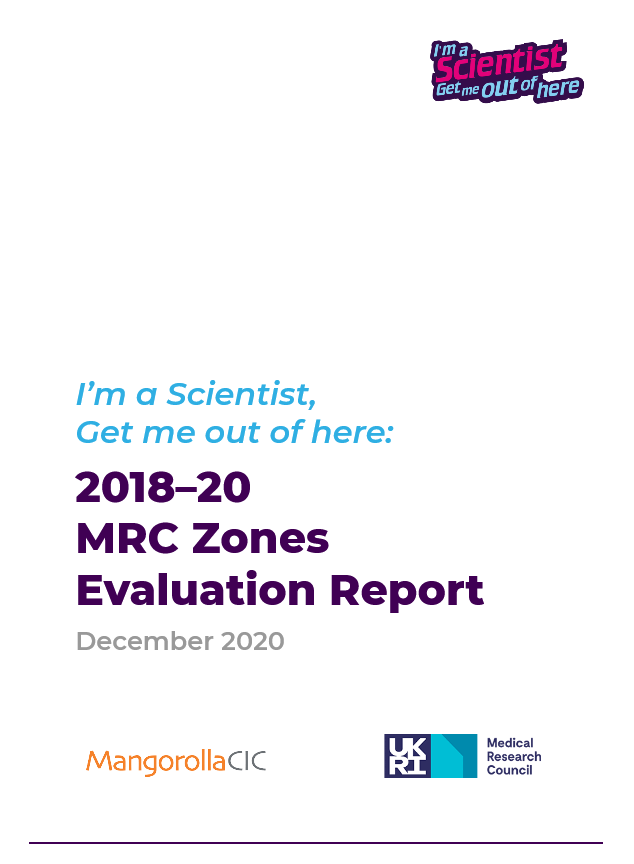Summary
- We ran 5 zones between June 2018 and November 2020
- 5,335 students logged in with 80% actively engaging:
- Students from 141 schools took part.
- 59% of participating schools were widening participation or in underserved areas.
- 226 researchers took part:
- Scientists represented a wide range of areas within medical research, and showed students a wide range of backgrounds, careers, and routes into STEM.
- Every school live chat included a discussion around medical research; at least 59% of live chat conversations included medical research topics:
- Additionally, 41% of questions in ‘Ask’, and 57% of answers from researchers included discussions related to medical research themes.
- Taking part in IAS supports students’ science capital:
- Research carried out in 2019 into the impact of taking part in IAS shows that IAS maps well onto the Science Capital Teaching Approach, supporting science capital dimensions including: science literacy, seeing science as relevant to everyday life, knowledge about the transferability of science/science qualifications, and especially, knowing people in science-related jobs.
- Taking part has a positive impact on MRC researchers:
- MRC researchers reported increased skills (91%), confidence (86%), and enthusiasm (88%) for communicating research with lay people.
- 82% increased their understanding of young people’s views on medical research.
- 86% increased their interest in taking part in future public engagement activities.
- 41% reported benefits to their profile as a researcher, and 40% reported benefits to their professional reputation.
- IAS is different to other engagement projects MRC researchers have taken part in:
- IAS is easy to participate in; it fits around schedules, there is no need to leave the office, lab, or home.
- Pseudo-anonymity encourages a broader range of students to actively engage and ask questions.
- Student-led discussions allow for a greater depth of engagement.


